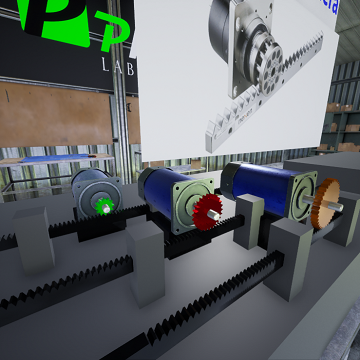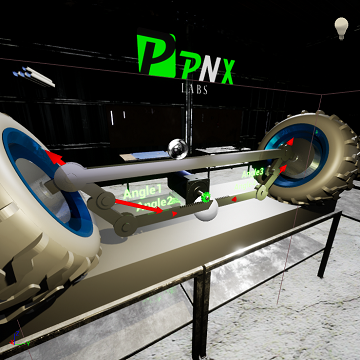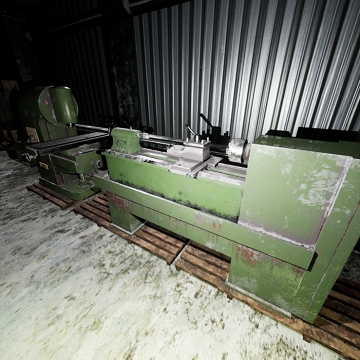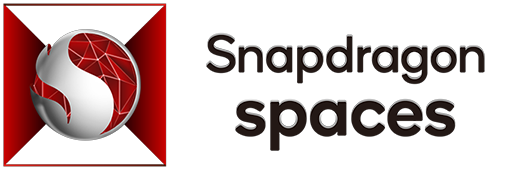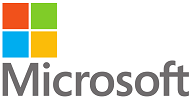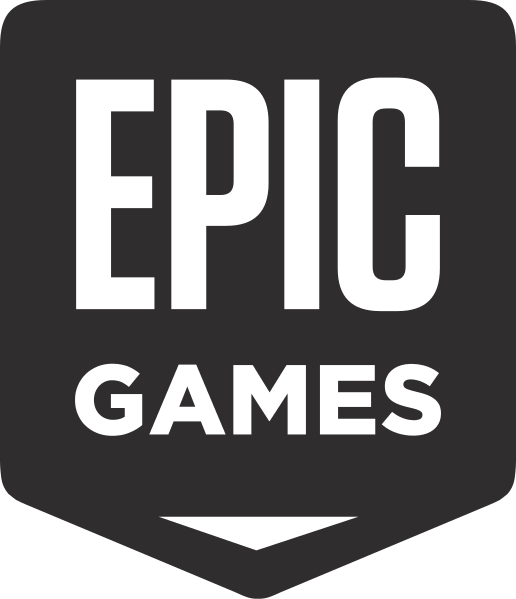Mechanics Virtual Labs
New education methods with Mechanics Virtual Labs
The fourth industrial revolution, commonly known as "Industry 4.0," is rapidly changing the manufacturing sector by introducing new technologies and high-quality advancements. However, behind the scenes, "Education 4.0" is the foundation driving this transformation, fueled by the increasing use of Virtual Reality (VR) and Augmented Reality (AR) technologies. For engineers to adapt to the new technological advancements and drive the transformation in the engineering industry, they require proper education and training.
By implementing Education 4.0, universities can significantly benefit students, especially in the mechanical branch of engineering degrees. The traditional mechanical lecture format comprises theory classes followed by practical laboratory sessions. However, these labs are costly and require significant investment, maintenance, and devaluation of equipment. With the VR and AR technologies available under Education 4.0, universities can provide cost-effective virtual labs to students. By coupling these labs with online lectures, such as Massive Open Online Courses (MOOCs), students can access complete lectures and hands-on virtual labs from anywhere.
Moreover, the benefits of virtual labs extend beyond cost-effectiveness and convenience. In traditional labs, some students do not get hands-on experience with experiments, leading to mistakes and material wastage. However, virtual labs allow students to experience and carry out experiments themselves, minimizing material wastage, reducing accidents, and making the learning process more engaging and practical.
In conclusion, as Industry 4.0 rapidly evolves, universities must embrace Education 4.0 and adopt VR and AR technologies to provide a solid foundation for future engineers. Virtual and augmented reality labs are the way forward to reduce costs, minimize risks, and increase comfort for staff and students. Universities should consider transitioning expensive mechanical labs into hybrid virtual and augmented reality labs to reduce investment, bills, and accidents while preparing students for the advancements of Industry 4.0.
By Oscar Eduardo García González
Contact Us

